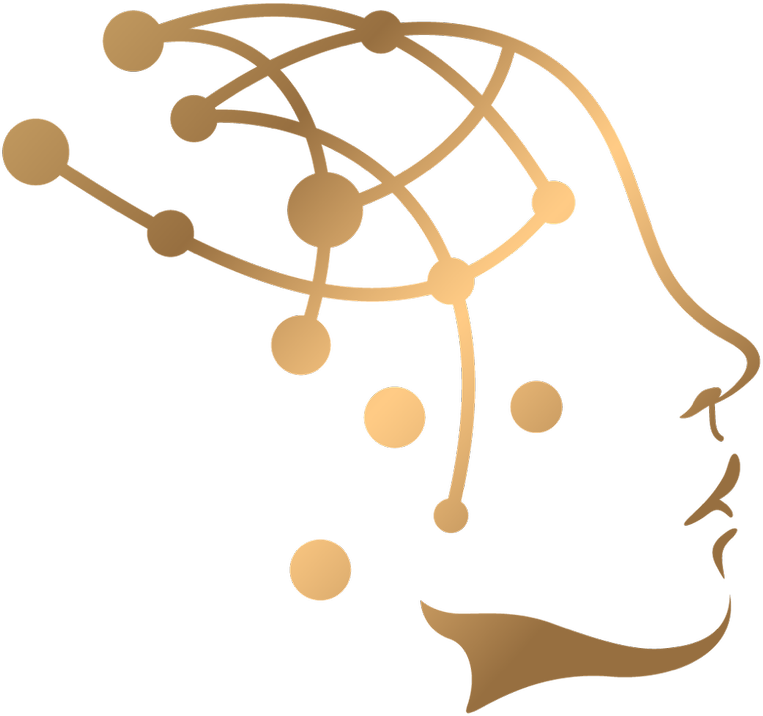
Therapy & Counselling
Acceptance and Commitment Therapy (ACT)
Acceptance and Commitment Therapy (ACT) encourages people to embrace their thoughts and feelings rather than fighting or feeling guilty for them. ACT differs from cognitive behavioural therapy (CBT) in that the goal of ACT is not to reduce the frequency or severity of unwanted thoughts, emotions, or urges.
Instead, ACT teaches strategies and skills to accept these experiences while simultaneously increasing your involvement in activities that matter the most to your life. Research shows that ACT tends to be just as effective as CBT and other forms of support.
Sessions can also include mindfulness exercises during the session or as homework to practice between sessions. The best predictor of outcomes is practice between sessions, so all of the homework is agreed upon first, and can be modified to make it as personal and useful as possible.
Focused ACT, 30-minute sessions. Same or next day meetings, in person or online.
These sessions are not simply a shorter version of a standard session; they are structured differently. In a focused session, we target one problem and create a manageable intervention aimed at building momentum.
Problems are more interconnected than people think. Anxiety, distractions, and impulsivity might seem like three distinct problems, but they all have the same root cause: avoidance. That means that if we can identify and target that avoidance agenda, progress in one particular area will inevitably lead to improvement in others, like a row of dominoes falling.
This brief session is not only enough to make changes, but client’s are actually more likely to succeed in the long run than when work is drawn out over time.
OCD, Anxiety, fears and phobias.
If you or your child are living with OCD, you know that all areas of life are affected.
The first line of treatment is Exposure and Response Prevention (ERP). This form of treatment is a type of Cognitive Behavioural Therapy (CBT). About 70% of people will benefit from ERP and/or medication for their OCD in 12-16 sessions.
Anxiety and OCD are typically maintained by avoidance. Exposure to the anxiety inducing situations is a highly-effective way to challenge the anxiety itself.
OCD in kids and teens downloadable brochure.



